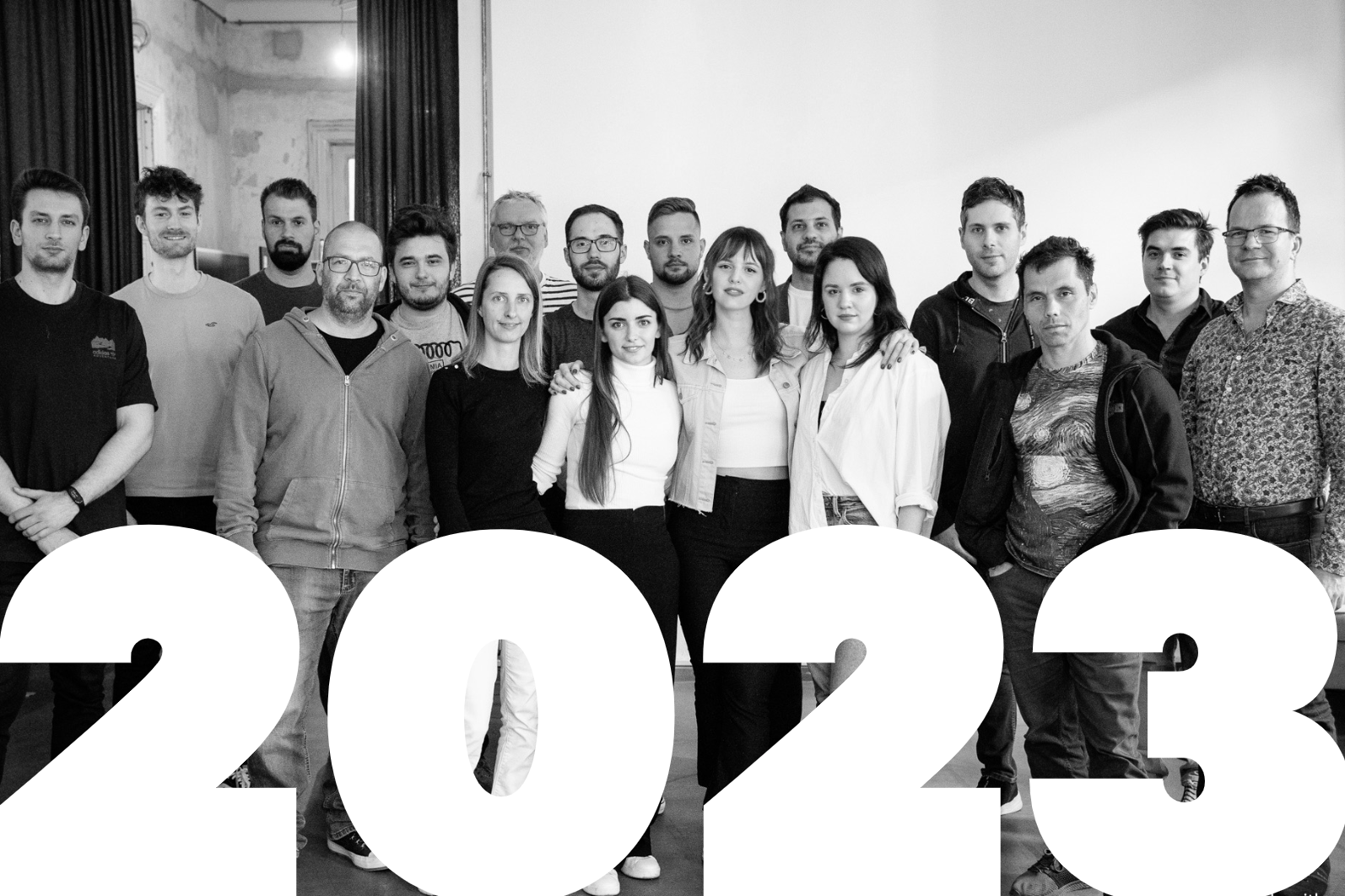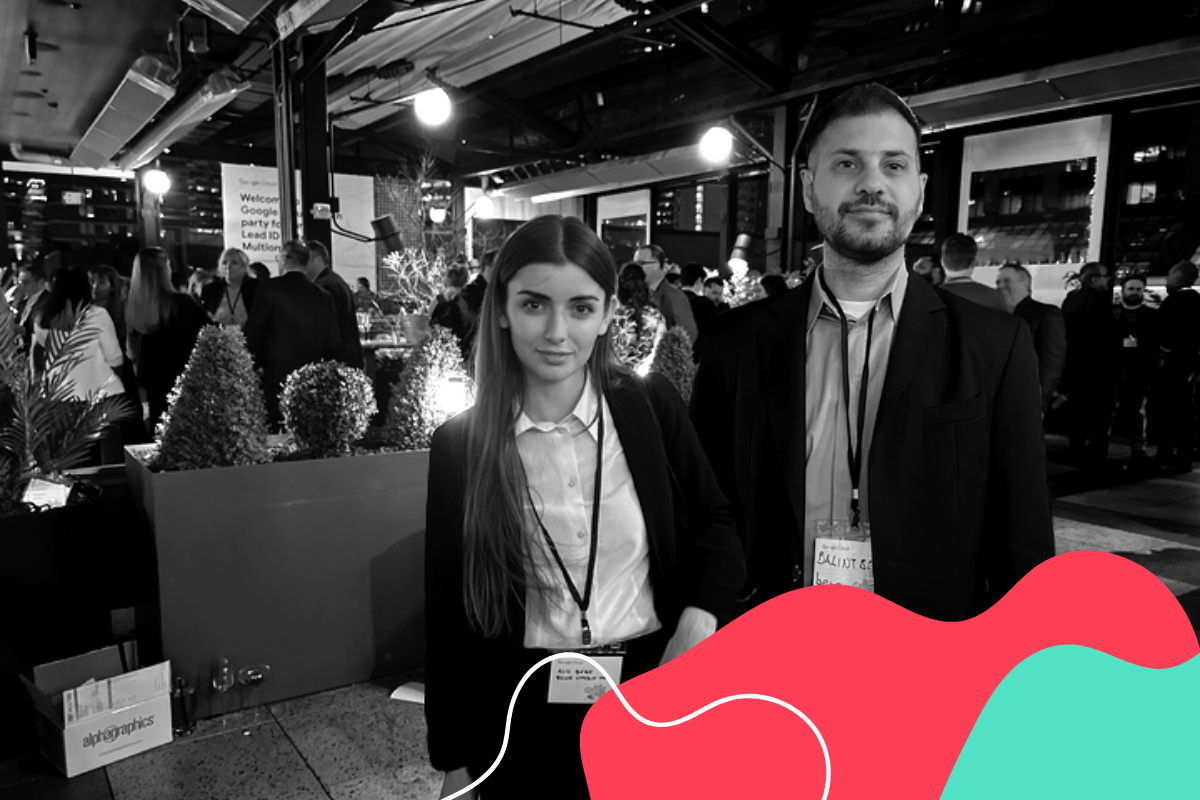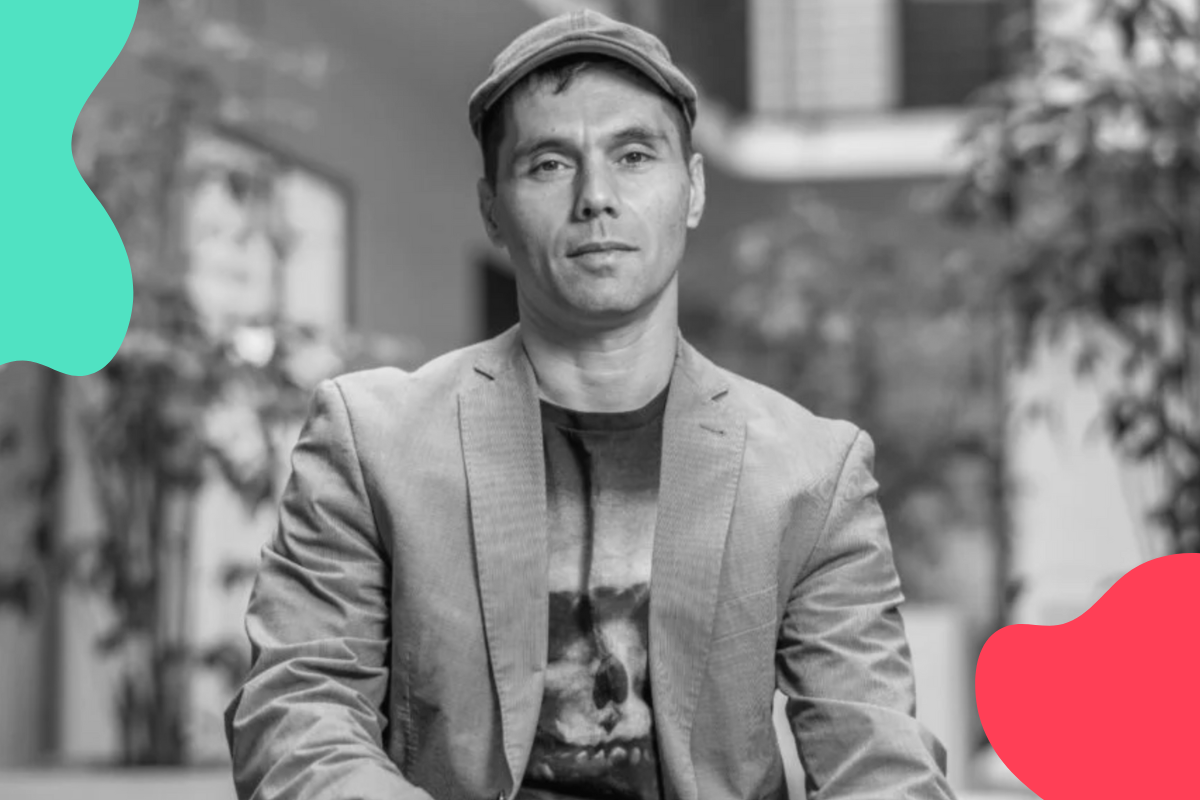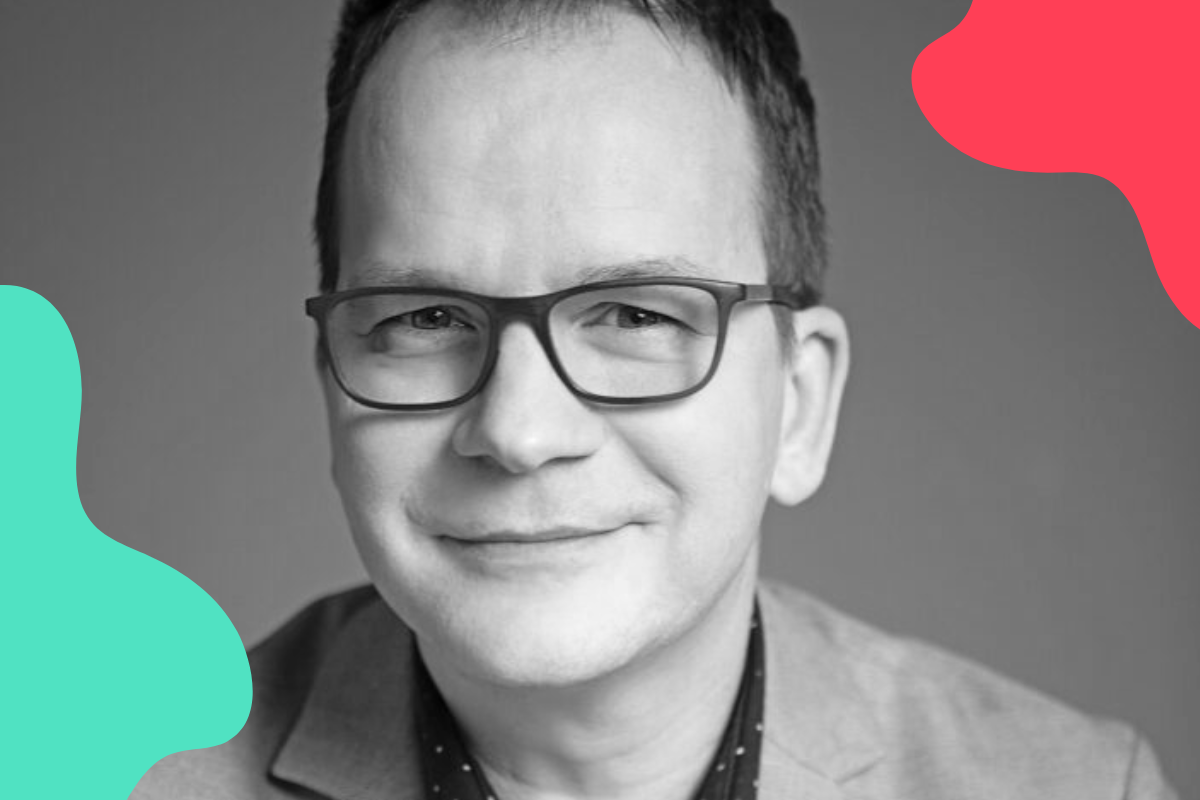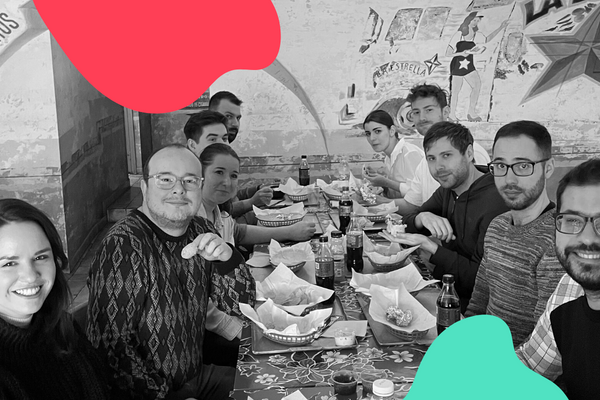5 Things You Need To Know To Successfully Manage a Remote Team

This interview originally appeared in the Authority Magazine, by Tyler Gallagher.
Balint Bene is the Founder and CEO of bene : studio, a digital product consultancy with a HealthTech focus, that has worked with over 100 companies in the past 10 years, such as the Volkswagen Group, Cushman & Wakefield, MediCall and Informed Health.
Balint is a serial startup founder with an enterprise background as well, having expertise in digital product management, marketing, and design. His influence can be strongly seen in bene : studio, as the company focuses on: premium quality services, business goals, strong planning, and the execution of useful, stunning, and modern applications.
Thank you so much for doing this with us! Before we dig in, our readers would love to get to know you a bit better. What is your “backstory”?
I knew since the age of 5 that I wanted to organize and create new things and even as a child I was identifying community needs and creating business enterprises ranging from founder and chief editor of our school newspaper to founding local rock bands and as I entered my high school years I began to dabble in the tech field and creating web portals, webshops and experimenting with different digital concepts. As a university student I began as a film major and worked as a director as well as on digital marketing projects and these experiences helped to shape my work today. Our company places a strong emphasis on the concept and visual design of our projects as a result of my background which differs greatly from our competitors.
Can you share the most interesting story that happened to you since you started your career?
Before the Covid pandemic we focused on the manufacturing aspect of the industry and when the pandemic began, the industry effectively shut down. We had to make a decision, whether to go into hibernation until the virus was dealt with or to transform our company and pivot to serving our existing market in a completely different way. Ultimately we went with the second option and began a webinar series working to support people and companies struggling with the remote working option and evolved into an online conference and later a networking club. While we continue to serve other fields, we also refocused efforts on the health tech industry and digitalization specifically which now comprises a large segment of our business. This decision ended up being the right call for Bene: Studio but at the beginning it was a scary situation to jump into something new and reorganizing in such a rapid fashion.
Can you share a story about the funniest mistake you made when you first started? Can you tell us what lesson you learned from that?
When I first started in the industry, we began to develop food ordering web applications that aggregated several restaurant menus. We had the impression that we were implementing the lean startup model and building only the essential aspects. We created the software, uploaded the menus, and then realized we had no money for promotion and were going up against a large competitor who had entered the market after we had released our system. This was a lesson that taught us that despite our impressions of creating a lean model, in reality, we had not. There are always opportunities to go leaner with our designs and while this was a painful lesson in the beginning, it was a valuable one for us.
What advice would you give to other CEOs or founders to help their employees to thrive and avoid burnout?
Founders or CEOs need to recognize the high-stress and high-paced workplace that their employees are working and implement methods to help to alleviate the challenges of this work environment. This could include positive reinforcement, creating safe environments, and recognizing the work that is supporting the greater good that can have real life impacts on society. As well as creating pathways for career advancement and professional development road maps that can support employees. These can include both hard and soft skill development. Finally, preparing our employees and our companies for an ever-changing future will allow us to continue to lead the sector and retain quality, highly skilled staff.
Ok, let’s jump to the core of our interview. Some companies have many years of experience with managing a remote team. Others have just started this, due to the COVID-19 pandemic. Can you tell us how many years of experience you have managing remote teams?
Bene : studio as a digital product consultancy with global clients and global teams had the opportunity to work a remote team before the pandemic but since March we have transitioned to a fully remote team. Prior to March, we have worked in various remote aspects for over 10 years as a company.
Managing a team remotely can be very different than managing a team that is in front of you. Can you articulate for our readers what the five main challenges are regarding managing a remote team? Can you give a story or example for each?
- How to solve the issue of isolation. Our teams work collaboratively via Slack but this can sometimes result in missed opportunities for sharing of ideas that often happens organically in person.
- Technical challenges like network connection, access, time zone differences, technology issues.
- Brainstorming, strategy meetings and inspiration can be challenging in a virtual environment compared to a physical space.
- Team dynamic and team work can suffer when there is a lack of personal connection that often grows through physical proximity and shared workspaces. This can often result in a lack of regular communication.
- Soft feedback and sensitive conversations can be more difficult to have remotely and employees have less access to management and opportunities for unscheduled interactions. The lack of regular feedback can also lead to miscommunication or a lack of understanding the impact of communication from leadership.
Based on your experience, what can one do to address or redress each of those challenges?
- We try to combat the issue of isolation with regular meetings that include both project focused meetings as well as casual events like online board games, virtual team lunches, and other opportunities for casual interactions such as scheduled topics of discussion.
- We support our team members with high quality equipment and technical support.
- We hold virtual walking meetings in an effort to incorporate some physical activity and creative thinking. We also try to incorporate warmup and introduction activities for our virtual meetings to help create a productive environment in our meetings.
- We provide a lot of professional development and workshops focused on these topics including scrum methodology and sprint planning meetings which help provide a framework for our staff.
- We hold regular one on one meetings with our team members with colleagues and supervisors monthly to allow for feedback and to create a foundation for our team morale. This also serves as a good method for prevention of problems and allows us to identify weak points before they become big issues.
In my experience, one of the trickiest parts of managing a remote team is giving honest feedback, in a way that doesn’t come across as too harsh. If someone is in front of you much of the nuance can be picked up in facial expressions and body language. But not when someone is remote. Can you give a few suggestions about how to best give constructive criticism to a remote employee?
First of all, using a camera with a quality microphone and proper lighting for online meetings is essential in order to help create more of an in-person feel. For online meetings, it is a general rule that we need to ensure a high level of energy and participation that occur more naturally in traditional face to face meetings. Some other practices include a higher frequency of scheduled meetings in order to build the relationship; ensuring that they are one on one meetings; and including some personal or casual topics to help build rapport with the employee. Finally, when holding these meetings, allow the employee to share some feedback first including their needs, problems, and opinions. Then highlight some of the positives and strengths that the employee has before providing the corrective feedback and end with a positive aspect including some shared goals for the short and long term.
Can you specifically address how to give constructive feedback over email? How do you prevent the email from sounding too critical or harsh?
I believe that when possible, it’s almost always better to give this type of feedback live or in person with a few exceptions. One, would be as a written follow up email after a live meeting to highlight and review some of the topics that were discussed, ensuring that all parties agree to the action items that had been decided upon, and as a written record or backup of a conversation. This allows both parties to review in detail. Another situation where sending constructive feedback via email can be appropriate is when the relationship between the parties is strong or is a very formal relationship. An example could be a business partnership like a landlord or internet provider. In order to keep the email from appearing too critical or harsh, it is important to explain some of the reasoning behind the email and highlight that the issue is not with the person themself but with a specific action or problem.
Can you share any suggestions for teams who are used to working together on location but are forced to work remotely due to the pandemic. Are there potential obstacles one should avoid with a team that is just getting used to working remotely?
This transition can be easy for teams that have previously established relationships from working together that allows them to understand and know the different personalities and work styles on the team. However, the online dynamic can change relationships and tasks and it is important to review communication protocols and work flow requirements in order to ensure staff understand and agree. This is especially important with the aspect of meetings and developing a process to hold regular meetings. Another aspect to consider is the implementation of project management software to help staff transition easier to a remote workspace. For example, we introduced a daily remote team lunch to help team members engage with each other outside of work tasks and build stronger team relationships. We also asked team members to use shared Slack channels to help make sure that all of the team members are in the loop on all of the aspects of group projects and tasks.
What do you suggest can be done to create a healthy and empowering work culture with a team that is remote and not physically together?
One suggestion is to hold frequent casual meetings such as team lunches and online board game evenings each month to allow members to feel that they are on a team and not just working as individuals. We also celebrate team member’s anniversaries with their Studio start date where they receive diplomas that include positive comments from their teammates. It’s also important to have clearly identified communication channels for points of contact for different supports and responsibilities. With a remote team, motivating staff and working proactively is of utmost importance to continued success of the larger team.
You are a person of great influence. If you could inspire a movement that would bring the most amount of good to the most amount of people, what would that be? You never know what your idea can trigger. 🙂
At Bene-Studio sharing is a core value and we are working on collecting, collating, and sharing our team knowledge internally and externally. This ranges from engineering experience and knowledge to the HealthTech Networking Club which allows us to network within the club as well as at online knowledge sharing conferences which shares information externally. Our HealthTech club has over 100 members from North America and Europe and our publicly distributed conferences typically have over 10,000 views which is a significant number for this specific niche topic. In the future, I would like to scale up these activities to have even more professionals around the globe participate and share knowledge.
Can you please give us your favorite “Life Lesson Quote”? Can you share how that was relevant to you in your life?
Steve Jobs said: “That’s been one of my mantras — focus and simplicity.” I have to learn again and again, how important the right focus is. Usually, I have to deal with different challenges and problems, which is the case for my colleagues. In such a situation, a deep breath and a step back could help a lot seeing the big picture and to refocus our limited time, energy and capacity. To strive for simplicity make us effective in finding the appropriate focus.
Join our team, we are hiring!

